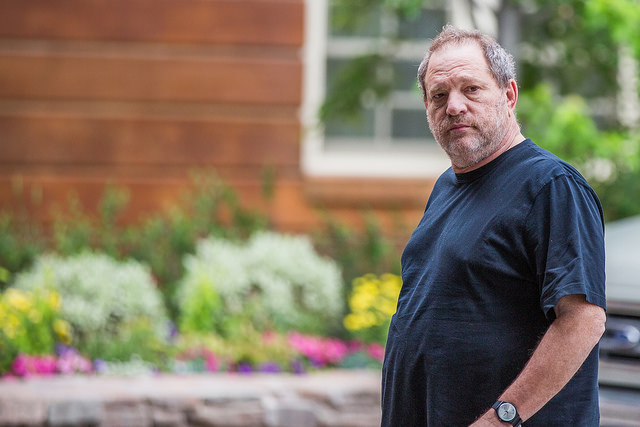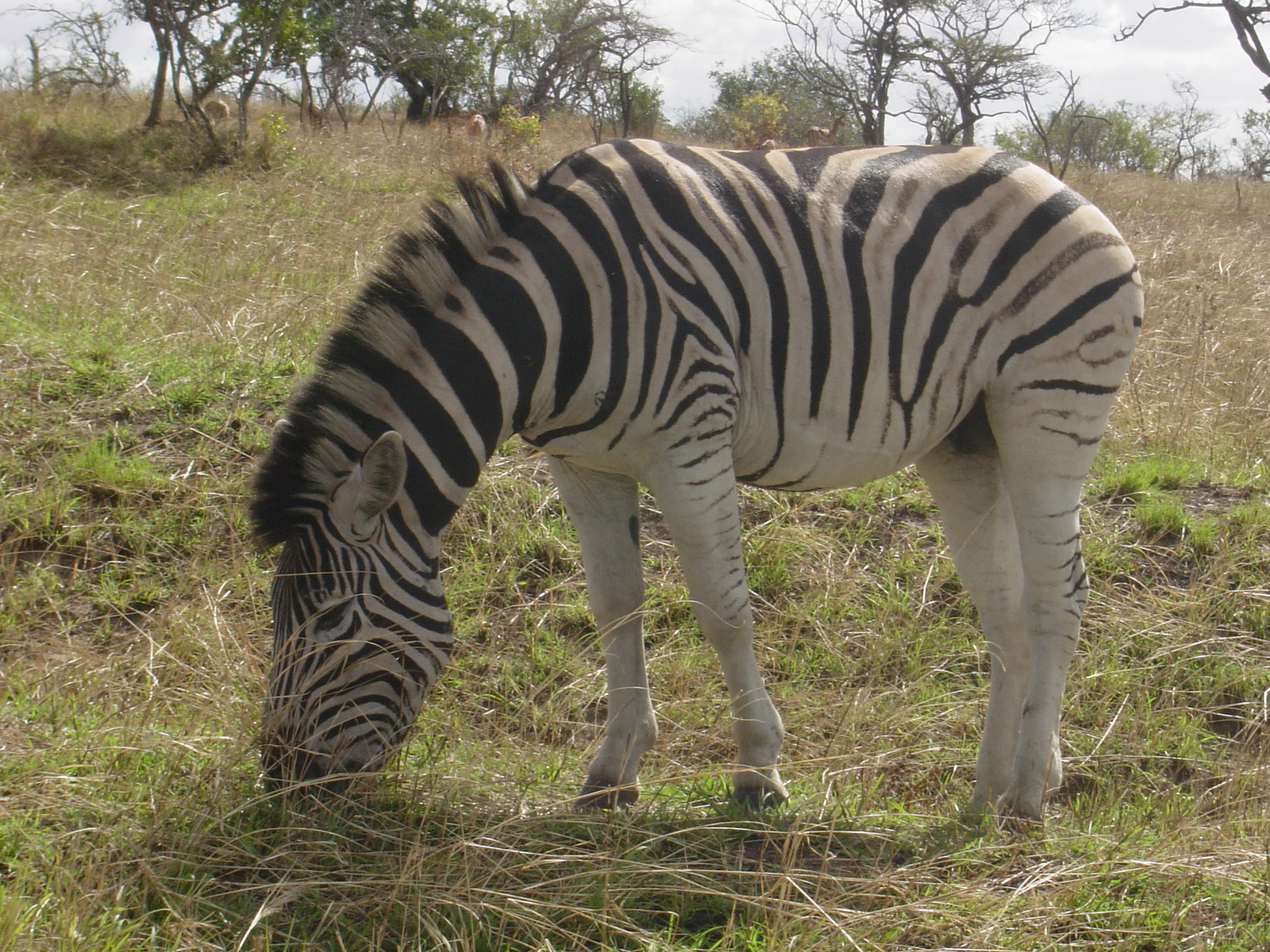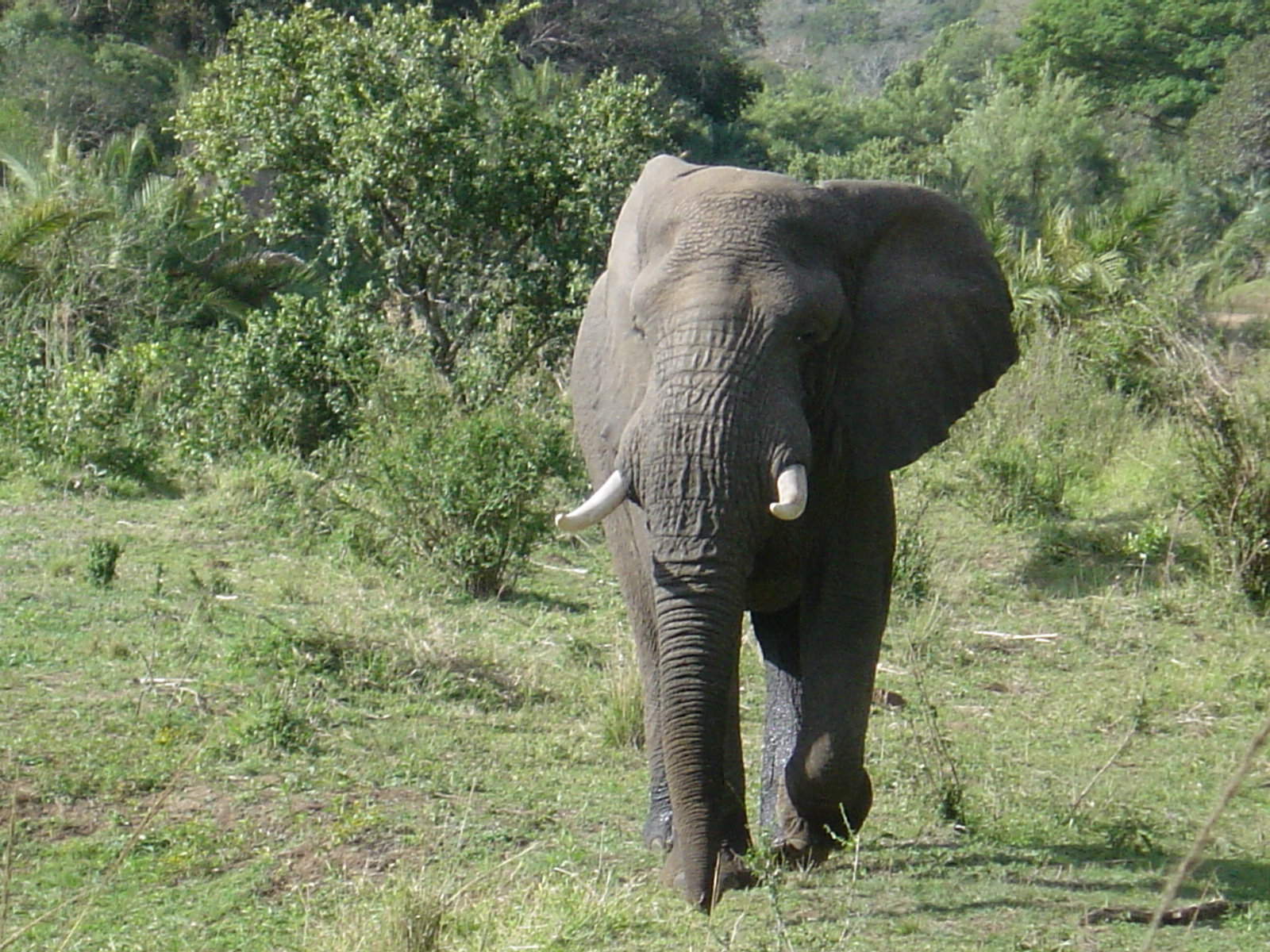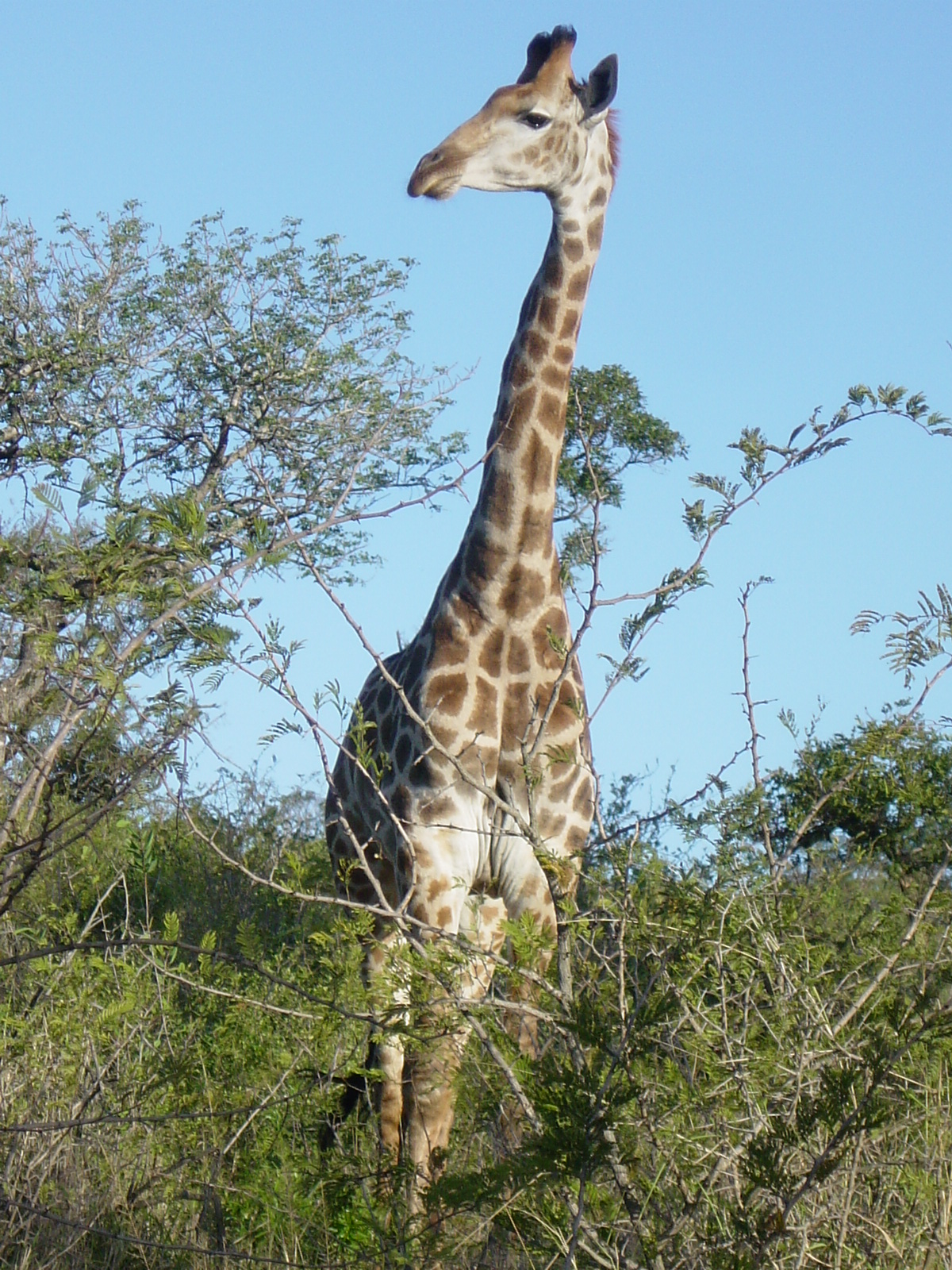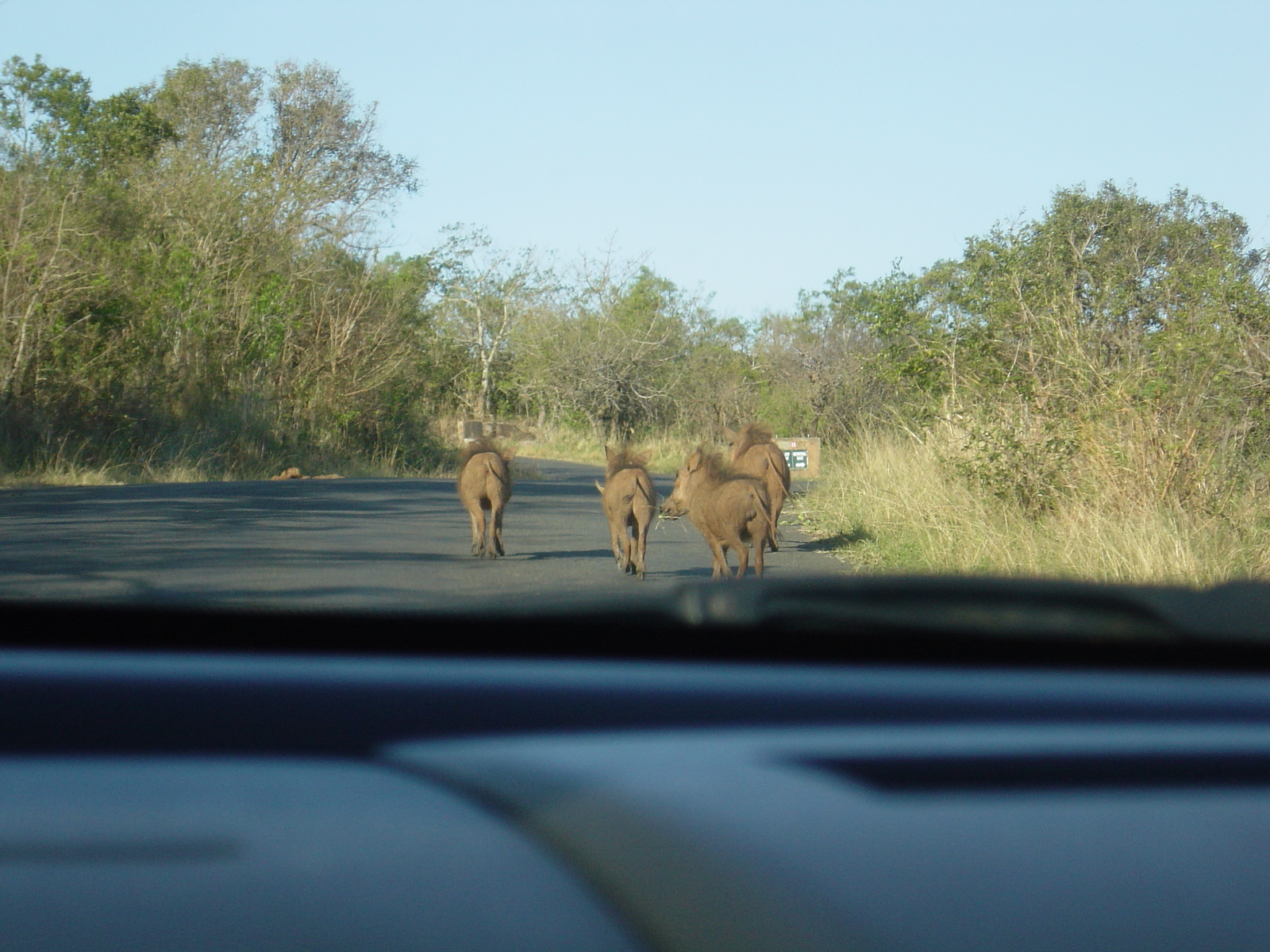PART 3: MY IDEALISM DIES, BUT I FIND 4 STEPS TO CHANGING THE WORLD
If you haven't read them yet, here are:
PART 2
PART 1
I accomplished pretty much everything I wanted in South Africa, except meet Charlize Theron. Her charity, the Africa Outreach Project, was funding the NGO for which I was working, and she was slated to come visit just weeks after I left. I had always wanted to meet a megawatt Hollywood star and confirm that we are all, in fact, just normal people (I would have that chance years later with Rachel Weisz, but that’s a story for another time).
No fear; I did accomplish other things, including writing up my research and submitting it to a medical journal (read it here). Some of the most interesting legal findings were that the South African Constitution, newly enacted after the end of apartheid, guaranteed a swath of human rights, including access to health care services!! There was even a Children’s Act granting children 12 years of age and older health rights, including those related to reproductive health. Wow. As the US considers reducing health coverage and reproductive services for millions, I am not sure who holds moral superiority. Perhaps the end of apartheid allowed the South African people to finally dream big about their new society. In this dream, equality under the law meant equality of access to critical health services, and they boldly wrote it into their governing laws. If only we were so visionary.
I didn’t realize it then, but beginning with this and other experiences I had as a budding lawyer, my lifelong idealism began to die. It died bit by bit in my experiences with immigration cases, rife with fraud, in the ways community organizing hurt the communities it was trying to help, in discovering how institutions of so-called justice protected rather than punished perpetrators of gender violence. The more I learned, the more I realized how very, very difficult it was to fight institutions of power, self-interest, and oppression. Eventually, my plans to change the world through law fell away, squashed by reality.
I know, this sounds despondent, but it was not entirely a bad thing. Let me explain.
The idealism I had up to that point was a reflex borne out of childhood training. For as long as I could remember, my mom conscripted me into service for our immigrant community because I, born in the U.S., was a native English speaker. I grew up writing appeal letters and translating documents, making phone calls and explaining how things worked to Chinese business owners or those caught in legal or health troubles. My mother felt a strong duty to help when she could, and she passed to me an innate compulsion that I couldn't fight. After I left home, I jumped at it all, whether distributing magazines and movies to patients at Mass General Hospital, teaching ESL in Boston’s Chinatown, working pro bono to get veterans medical benefits, researching the foreign investment climate in Mali for a UN report, and many many other projects. Sometimes I even doubted the helpfulness of what I was doing - but I felt compelled to do it anyway.
One might think that volunteerism is good, no matter the motivation, but something about it bothered me. Once, in college, my dad questioned why I was spending so much time teaching ESL. Here was a man who spent all of his free time serving people, especially new immigrants, through our home church - and even he wasn't sure why I would jeopardize my studies to do so. Disturbingly, I didn’t have a good answer. I just felt like I had to.
In law school, I saw other versions of me. Often the students who threw themselves into public advocacy work did so at the expense of their health and wellness -- and complained about it constantly. They were also some of the most inconsiderate people, as roommates, friends, and colleagues. It was as if their do-gooding umbrella only sheltered them and their clients (and the latter even up to a point). I had thought that doing good meant that you were a good person, and yet there was often a discrepancy between “doing good” and being a total asshole.
The only way I could reconcile this was that, often, people “do good” to satisfy their own needs. For instance, some people are so enraged by injustice that they have to do something to assuage the anger. I often fall into this "righteously angry" category, and Elizabeth Warren definitely does. Others need to feel needed, to feel martyred, to feel morally superior, to feel capable, etc. The list goes on. Habitually or professionally helping others does NOT, in fact, mean, that you are a nice person. This is not to say that volunteerism driven by our own needs is bad. Of course not. It serves very real voids in society and can be a good thing to do for one’s spiritual well-being.
However, what I learned from South Africa is that volunteerism originating primarily from your interests will probably not change the world. This is because, as I saw, in order to change someone else’s reality, you have to understand their reality, and that takes a long, long, time and a lot of heartache and a whole lot of love. And most of us, quite frankly, just aren't up to all that. Our volunteerism culture teaches us to get our pro bono client the outcome they’re seeking, celebrate, and move on. Sure, that helps in the short run, but that does not usually change the client’s long-term reality. It’s easy to show up for a housing court hearing (and certainly generous of you to do so!) but it’s harder to give someone enough emotional support that they can leave an abusive spouse or break an addiction so that they won't need your services again just a few months down the line. Most of the time it’s just more than we signed up for.
As my childhood idealism died, a new one took its place. Instead of skills of doing, I became interested in skills of understanding - listening with empathy, communicating non-violently, and building self-control and patience. On these dimensions, I had a huge amount to learn. I could write an appeal letter, but I often couldn’t help losing my temper or saying nasty things when angry. I could do an intake for a pro bono client, but I couldn’t sense what a friend really needed when she came to me for advice. I had much to learn before I could be a mature agent of change in the world.
Building these skills is a humbling journey, and I expect I’ll be on this path my entire life. In the meantime, I keep four guidelines for my efforts to change the world. They are:
- Start local. The need may seem greater elsewhere, but so are the barriers. So, start as close as possible to you. This means getting to know your neighbors, your family, your friends, your coworkers, as people. By being a positive influence on the people already in your life, you hone the communication, listening, and empathetic skills you will need to help people even more different from you. Which leads to -
- Learn to ask questions and listen. Not just for the answers you want, but especially when they are not what you expect. Action should follow this step, not precede it.
- Step outside of your comfort zone. If you feel confident, you might not be learning enough. Confidence can blind.
- Love thy neighbor. Burnout is real. Burnout is when the victories stop outweighing the costs. And the sort of victories we need - gender equality, racial equality, income equality, will be a long time coming. If you’re deadset on helping a community, get to know them until you love them. Or start with a community you already love so that you’re in it for the long haul. Nelson Mandela, Martin Luther King, Jr., and so many others changed the world by standing up for their own people.
In my mature idealism, I see now how much we can help each other without understanding - which is to say, not very much at all. To change someone's life is to live among them, to understand them well, and ultimately, to love them as ourselves. it's the hardest thing any of us may ever do, but may be, even here in our first-world bubble, a matter of life and death.


